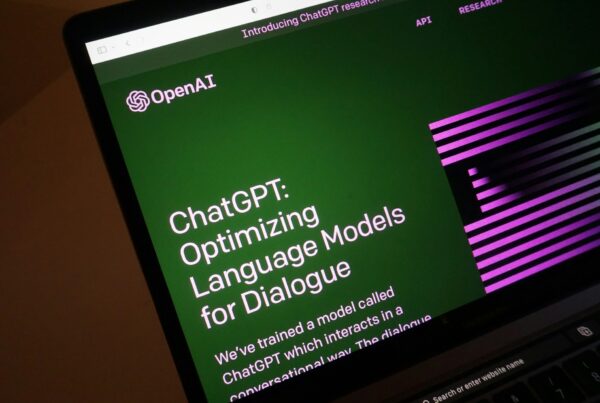A major breakthrough in healthcare technology reveals that artificial intelligence is now capable of reducing drug discovery timelines from several years to just a few months. This statement was made by Demis Hassabis, CEO of DeepMind and founder of Isomorphic Labs, in an interview highlighting AI’s growing role in the pharmaceutical industry. According to him, this acceleration will mark a new era in medical research and reshape the global pharmaceutical landscape.
Hassabis emphasized that with the advancement of models like AlphaFold 3, scientists can quickly map protein structures, which are central to drug development. AlphaFold is already recognized as one of the most significant breakthroughs in modern biology. The technology can predict protein shapes with accuracy that rivals laboratory experiments, a leap that was previously thought impossible in such short timeframes. With faster access to critical data, pharmaceutical companies can save costs and accelerate trial preparation.
Beyond speed, AI also delivers precision in target selection. In traditional processes, many drug candidates fail at later stages due to toxicity issues or unexpected side effects. Through AI-based simulations, risks can be identified much earlier, making research more efficient. Hassabis stressed that in ideal scenarios, AI could shorten early research phases to mere months and move potential molecules into clinical trials much faster.
Major Investments and Strategic Collaborations
This progress does not stand alone. Isomorphic Labs, a DeepMind spin-off focused on AI-driven drug discovery, has secured significant investments worth hundreds of millions of dollars. These funds are being used to expand research, build platforms, and strengthen collaborations with major pharmaceutical companies. The partnerships are expected to accelerate validation so that results can quickly move into human trials.
Traditional pharmaceutical companies, once known for their conservative approach, are now turning their attention to these opportunities. They recognize the potential for substantial cost savings if early-stage research can be reduced from a decade to just a few months. For example, clinical trials that usually cost billions of dollars could be better prepared because AI-screened candidates already undergo rigorous predictive filtering.
However, experts caution that acceleration does not guarantee success. Clinical trial phases still require time to evaluate safety, effectiveness, dosage, and side effects. Regulatory processes managed by global health authorities cannot simply be bypassed because of new technologies. At the same time, regulators are beginning to consider new frameworks to align AI innovations with medical safety standards.
Enormous Potential and Serious Challenges
Many observers believe AI in drug discovery will redefine competition within the pharmaceutical industry. Nations with strong data infrastructure are poised to lead, while others lagging in digital readiness risk falling further behind. International organizations such as the WTO and ILO have highlighted the need for inclusive policies to prevent a widening global gap.
Ethical concerns also arise regarding ownership of biological data. Questions over who controls, stores, and benefits from human genomic data are becoming increasingly urgent. Without clear regulations, risks of misuse could increase. Academics warn that public expectations should be kept realistic since AI cannot fully replicate the complexity of biological processes.
Nevertheless, optimism remains strong. The fact that AI-designed drugs are already approaching human clinical trial phases shows that this transformation is not merely theoretical. Analysts suggest that the next five years will be decisive in determining AI’s role in healthcare. If successful, the world could enter a new era where therapies are discovered faster, tailored to individuals, and made more affordable.
In conclusion, AI is now firmly positioned as a driving force in drug discovery. With its ability to shorten timelines, increase accuracy, and reduce costs, this technology has the potential to save millions of lives. Still, long-term success depends on how industries, governments, and global communities regulate and deploy these innovations responsibly.
This story is still developing, and Olam News will continue to deliver the latest updates on technology and global health. Readers interested in broader perspectives on AI’s impact can explore our related articles on digital transformation in the global economy in our technology section.






